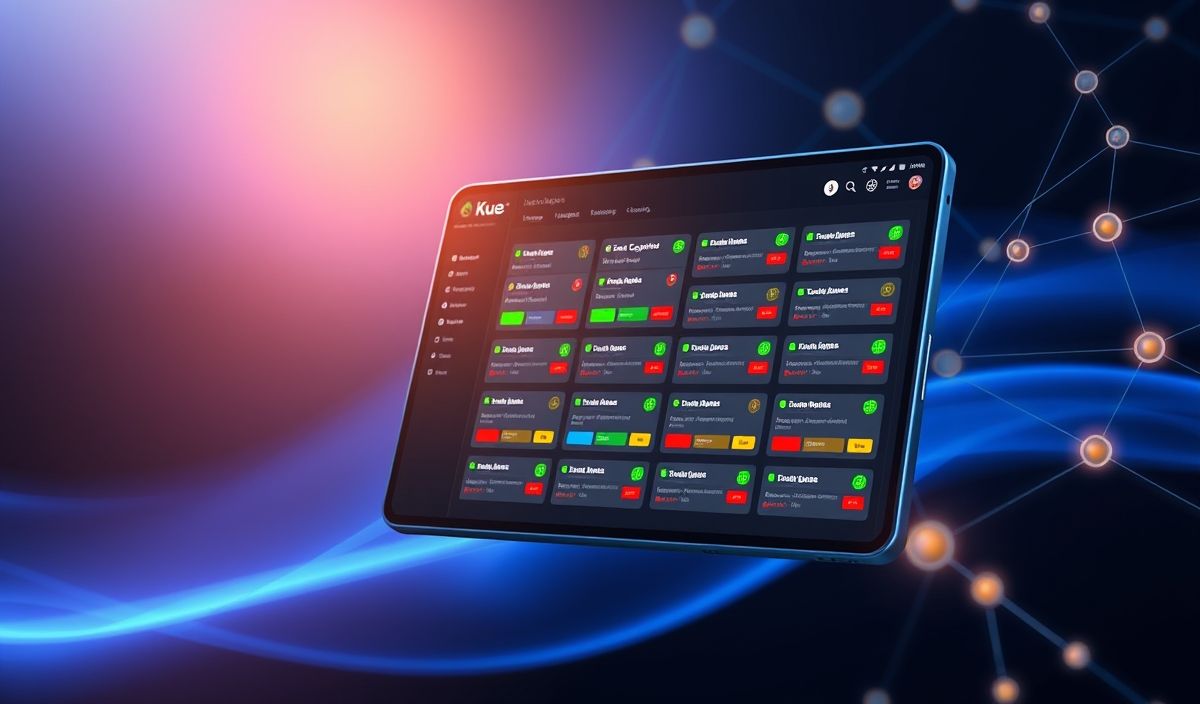Introduction to Measure-Logger
Measure-Logger is a performance metrics logging library designed for developers who require precise, real-time insights into their application’s performance. In this guide, we cover the various APIs provided by Measure-Logger, complete with code snippets and an application example.
Getting Started
To begin, install Measure-Logger using npm or yarn:
npm install measure-logger // or yarn add measure-logger
Basic Usage
Start by importing and initializing the logger:
import MeasureLogger from 'measure-logger';
const logger = new MeasureLogger({
appName: 'MyApp',
environment: 'production',
});
API Examples
Log a Simple Metric
To log a simple metric:
logger.logMetric('apiResponseTime', 200);
Log a Metric with Additional Data
To log a metric with extra contextual information:
logger.logMetric('apiResponseTime', 200, {
endpoint: '/api/users',
method: 'GET',
});
Start and Stop Timers
To measure time intervals:
logger.startTimer('dbQueryTime');
// Imagine this is your database query
setTimeout(() => {
logger.stopTimer('dbQueryTime');
}, 300);
Use Custom Timer Identifiers
For more detailed timing:
const queryTimerId = logger.startTimer('dbQueryTime');
// Imagine this is your database query
setTimeout(() => {
logger.stopTimer('dbQueryTime', queryTimerId);
}, 300);
Log Events
To log significant events:
logger.logEvent('userLogin', {
userId: '12345',
userType: 'admin',
});
Log Errors
To capture and log errors:
try {
// code that might throw an error
throw new Error('Something went wrong');
} catch (error) {
logger.logError('unhandledException', error);
}
Full Application Example
Below is an example of a simple application that uses Measure-Logger:
import MeasureLogger from 'measure-logger';
const logger = new MeasureLogger({
appName: 'MyApp',
environment: 'production',
});
function fetchUserData(userId) {
const timerId = logger.startTimer('fetchUserDataTime');
fetch(`/api/users/${userId}`)
.then(response => response.json())
.then(data => {
logger.stopTimer('fetchUserDataTime', timerId);
logger.logEvent('userDataFetched', { userId, userType: data.type });
})
.catch(error => {
logger.stopTimer('fetchUserDataTime', timerId);
logger.logError('fetchUserDataFailed', error);
});
}
// Simulate a user login
function userLogin(userId) {
logger.logEvent('userLogin', { userId });
fetchUserData(userId);
}
userLogin('12345');
By leveraging Measure-Logger, developers can gain critical insights into their application’s performance, ensuring optimal user experience and quick troubleshooting of any issues that arise.




